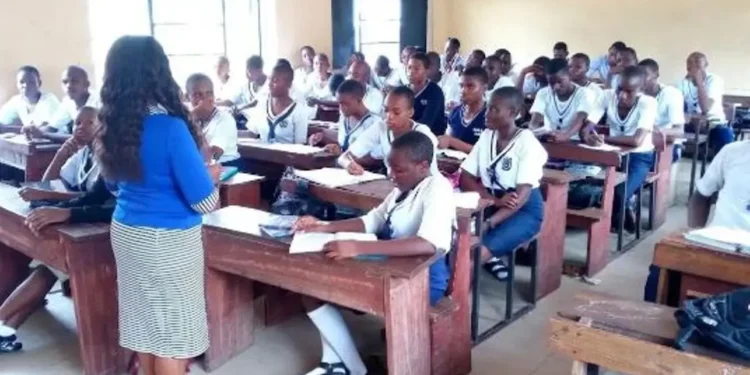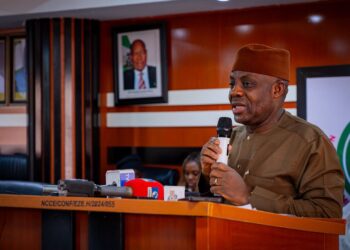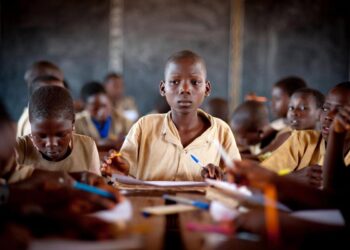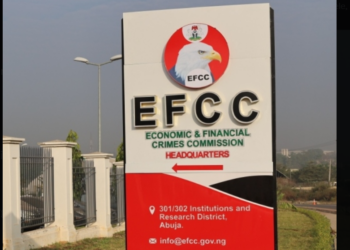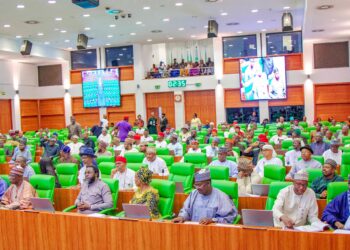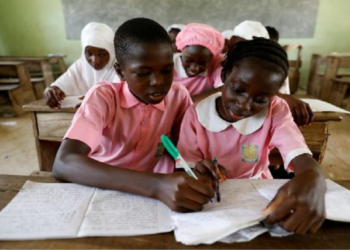The Universal Basic Education Commission (UBEC) has created approximately 51 model junior secondary/vocational schools across 17 states, as part of the World Bank-supported Better Education Service Delivery for All (BESDA) project, aiming to combat the issue of out-of-school children.
BESDA is a World Bank-funded initiative, which aims to provide fair access to education for out-of-school children, boost literacy, and enhance result-based accountability at the basic education level.
The initiative is currently active in 17 states including all of North West and North East regions, plus Niger, Oyo, Ebonyi, and Rivers states.
The Executive Secretary of UBEC, Dr. Hameed Bobboyi revealed this information during a visit to a school in Suleja, urging the school and community to effectively utilize the facilities.
Expressing satisfaction with the project’s progress, Bobboyi emphasized the nationwide distribution of these schools, each located in a senatorial zone within the BESDA states, addressing the critical problem of out-of-school children.
Recommended reading: Nigeria has over 45 million children in primary schools
How UBEC is contributing to enhancing education in Nigeria
According to UBEC, it aims to enhance infrastructure to aid state governments and SUBEBs in increasing school enrollment and enhancing educational quality, and are designed to equip Junior Secondary School graduates with essential skills for their future.
The commission is therefore enhancing infrastructure to aid state governments and SUBEBs in increasing school enrollment and enhancing educational quality.
Bobboyi detailed that the schools feature computer labs, laboratories, e-libraries, workshops, and well-equipped classrooms to enhance the students’ learning experience.
Having transferred the school to the Niger state government, UBEC plans to partner with state authorities to ensure ongoing maintenance, which will be funded through state action plans and matching grants from UBEC, following the payment of counterpart funds.
Bobboyi has therefore advocated for a collaborative approach to delivering functional basic education in Nigeria, emphasizing that the federal government alone cannot tackle all basic education challenges from Abuja.

